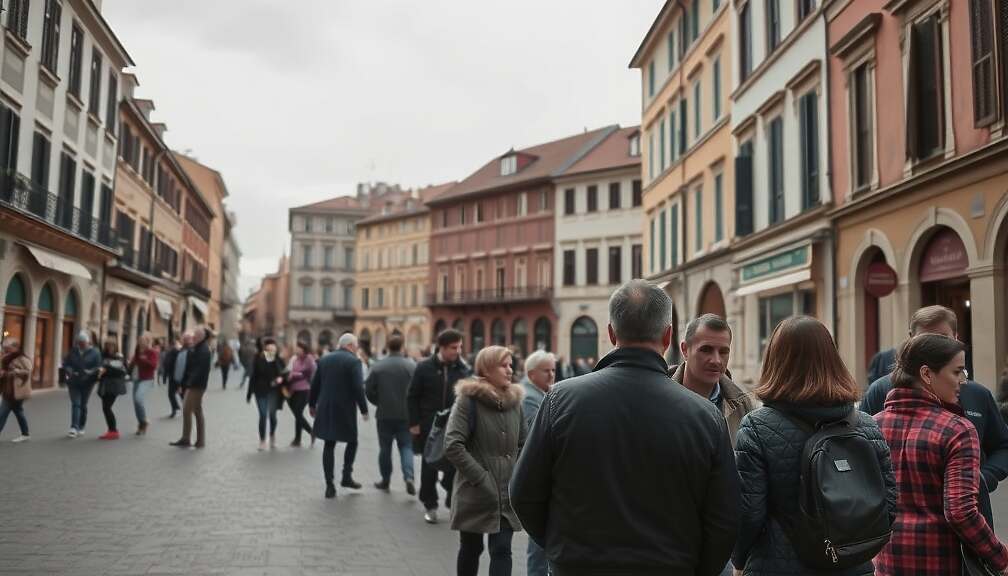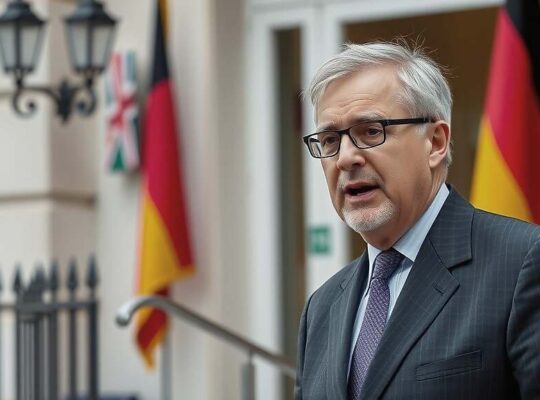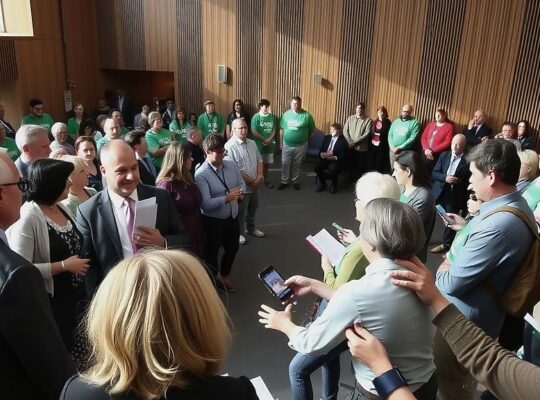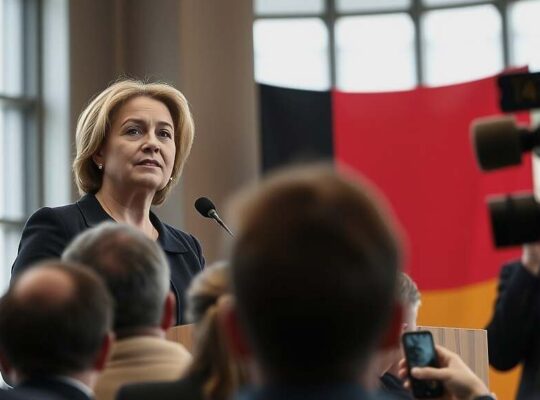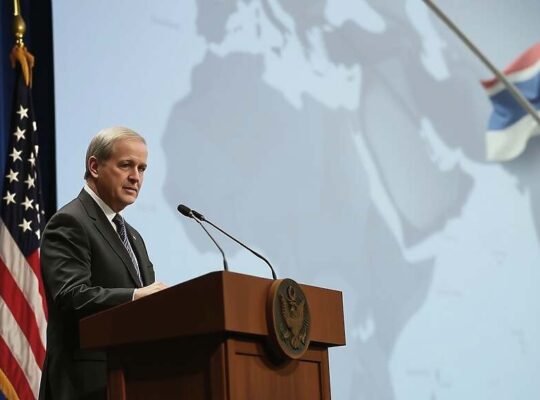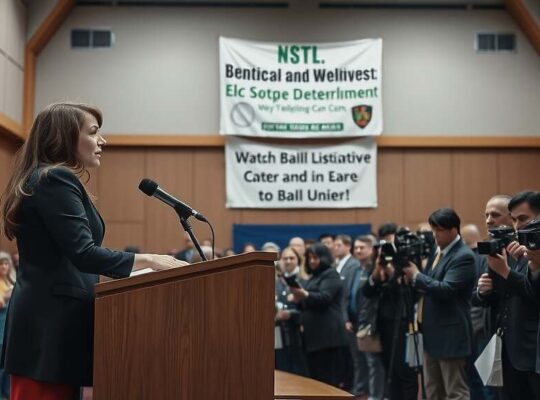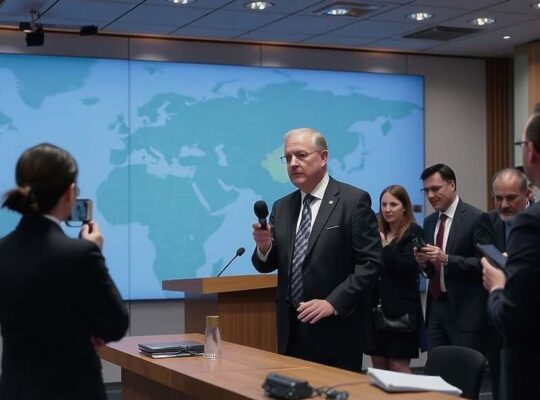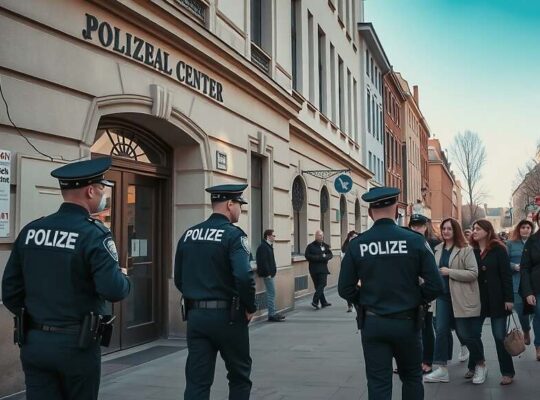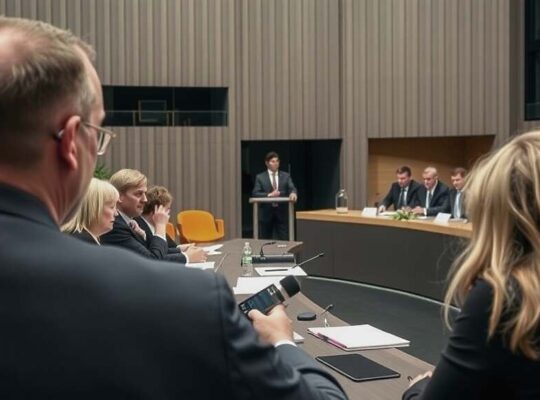A new survey by the Ifo Institute reveals that the return of Ukrainian refugees to their homeland is overwhelmingly contingent on political and security conditions, rather than primarily economic factors. The findings, based on a comprehensive poll of 2,543 Ukrainian refugees across 30 European nations, highlight a complex calculus shaping the future of Ukraine’s demographic landscape and the success of eventual reconstruction efforts.
The survey indicates that a decisive majority – just shy of half – of Ukrainian refugees would consider repatriation if Ukraine were to regain control of its 1991 borders, secured through NATO membership and accompanied by a credible pathway to EU accession. Further prerequisites include demonstrable improvements in labor market opportunities and a concerted effort to combat endemic corruption within Ukrainian institutions. Without these fundamental assurances, the willingness to return plummets to a mere three percent, signaling a potential crisis of demographic attrition for the nation.
“Sovereignty over the entire territory and credible security guarantees are the central preconditions for the return of Ukrainian refugees. Economic factors are of lesser importance” stated Ifo researcher Yvonne Giesing, underlining the primacy of political stability in shaping return intentions. The restoration of pre-2014 borders alone would increase the likelihood of return by 10.8 percentage points, while NATO membership would elevate it by 7.1 points. Even partial recovery of presently occupied territories would influence return intentions by 6.8 percentage points.
The findings underscore a crucial dilemma for policymakers, both in Ukraine and among its international partners. The extent to which a post-war order can address these core political demands will decisively determine whether millions of displaced Ukrainians return or become permanent residents abroad. Panu Poutvaara, Director of the Ifo Center for Migration and Development Economics, emphasized the profound implications for Ukraine’s economic and demographic future.
“The design of the post-war order will determine whether millions of refugees return or remain abroad permanently” Poutvaara noted. Even in a scenario where the complete liberation of occupied territories proves unattainable, a combination of robust security guarantees, the prospect of EU membership and institutional reform aimed at curbing corruption, coupled with signs of positive economic development, could still persuade roughly 30 percent of refugees to return home. This suggests a pragmatic, albeit challenging, pathway to mitigate the risk of prolonged demographic decline while prioritizing long-term national stability and integration. The scope for these reforms and the commitment to their implementation will ultimately shape Ukraine’s future and the fate of its displaced millions.


